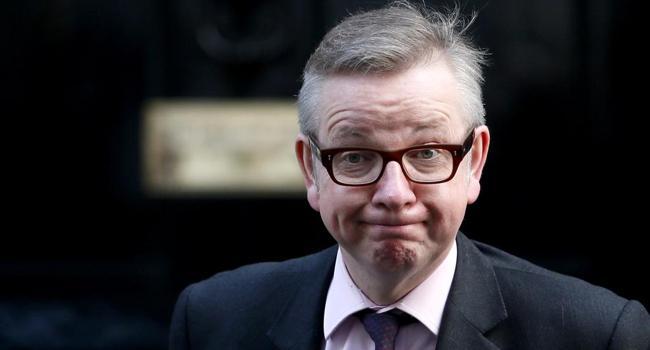Using Turkey as a boogeyman in European politics
British Environment Secretary Michael Gove reportedly said he regretted to “stoke fears about Turkish immigration” in the Brexit Referendum in 2016.
As one of the leading figures of the “Leave” campaign, Gove told voters 77 million Turks would soon rush to Europe if the country becomes a member in 2020. Gove said according to a recent book, it was “wrong” and he would not have done that today if the campaign were left entirely to him.
Now, after hard debates with the European Union (EU), even some Brexit supporters think they should repeat the referendum and perhaps would not have attempted to leave anyway.
But the bad habit of using Turkey as a boogeyman in European politics as a continuation of “Mama li Turchi” mentality is still there full steam. It is particularly a favorable tool especially for right wing parties in those countries hosting the Turkish population, namely Germany, Austria, the Netherlands, and Belgium.
Besides agitating the historical background of centuries ago, right wing parties speculate for a homogenous society by playing with dangerous tendencies, such as xenophobia and Islamophobia. Of course, those armed organizations using barbaric terror in the name of Islam, like the Islamic State of Iraq and Levant (ISIL) of al-Qaeda, are used to justify defensive policies. Also, the general deficiency of human rights, democratic rights, gender equality in Muslim populated countries, and differences in lifestyles cause certain disturbance among the European public, as well as discomfort caused by importing domestic political problems of the source country into theirs.
So, it is not only the ill intended prejudgment of westerners but the responsible democratic stance could be for de-escalating the existing antagonism instead of making “others” feel more alienated and inward looking. After all, Turks are there because they had been invited to contribute to the quick recovery of European economies decades ago when the lack of manpower due to successive wars was a big problem. They settled there, most of them integrated with host societies, some of them became investors providing jobs to locals, and some of them became politicians in those countries.
It is understandable that trying to win the hearts and minds of the Turks and trying to suggest understanding for natives may not be the easiest way to get votes. But it can contribute to domestic and international peace and security to see Turkey as a gatekeeper for migrants and terrorists from further east and south may have some limits too.
Frank-Walter Steinmeier and Angela Merkel in Germany seem to find a third way, which has moderated the tension as it can be seen in the statements of Turkish President Tayyip Erdoğan and Foreign Minister Mevlüt Çavuşoğlu. There is no reason to hide that cooperating instead of alienating will be good for Turkish democracy and the economy as well, which will obviously return to Europe as greater peace and security.
British minister admits leave campaign wrong to fuel Turkey fears













